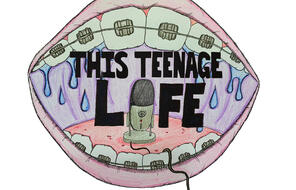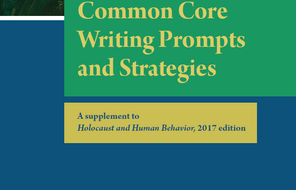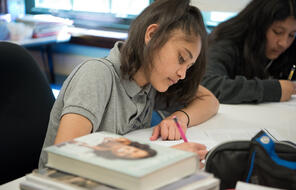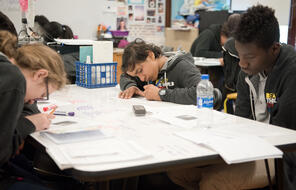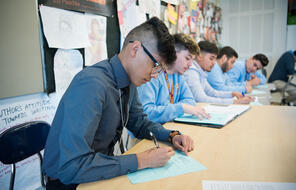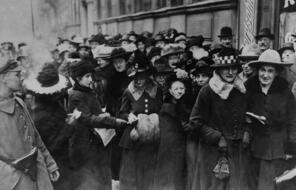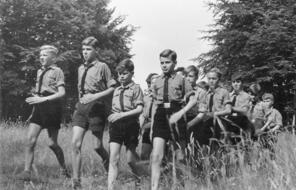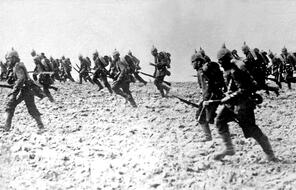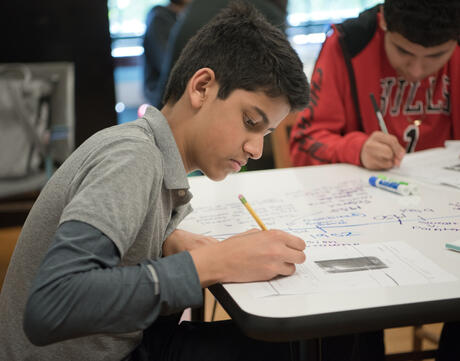
Adding to Evidence Logs, 1 of 3
At a Glance
Language
English — USSubject
- History
- Social Studies
Grade
6–8Duration
One 50-min class period- The Holocaust
Overview
About This Assessment
After completing Lesson 13: Laws and the National Community, students are ready to think about the next step of the writing prompt, the Nazi Party’s rise to power and what they can learn about the impact and power of their own choices from the events they studied in Lessons 8 through 13. In addition to addressing the writing prompt in a journal reflection, students will start to evaluate the quality and relevance of the evidence they are gathering.
Lesson Plans
Activities
Materials and Downloads
Adding to Evidence Logs, 1 of 3
Laws and the National Community
The Power of Propaganda
Unlimited Access to Learning. More Added Every Month.
Facing History & Ourselves is designed for educators who want to help students explore identity, think critically, grow emotionally, act ethically, and participate in civic life. It’s hard work, so we’ve developed some go-to professional learning opportunities to help you along the way.
Exploring ELA Text Selection with Julia Torres
On-Demand
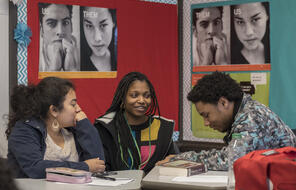
Working for Justice, Equity and Civic Agency in Our Schools: A Conversation with Clint Smith
On-Demand

Centering Student Voices to Build Community and Agency
On-Demand
